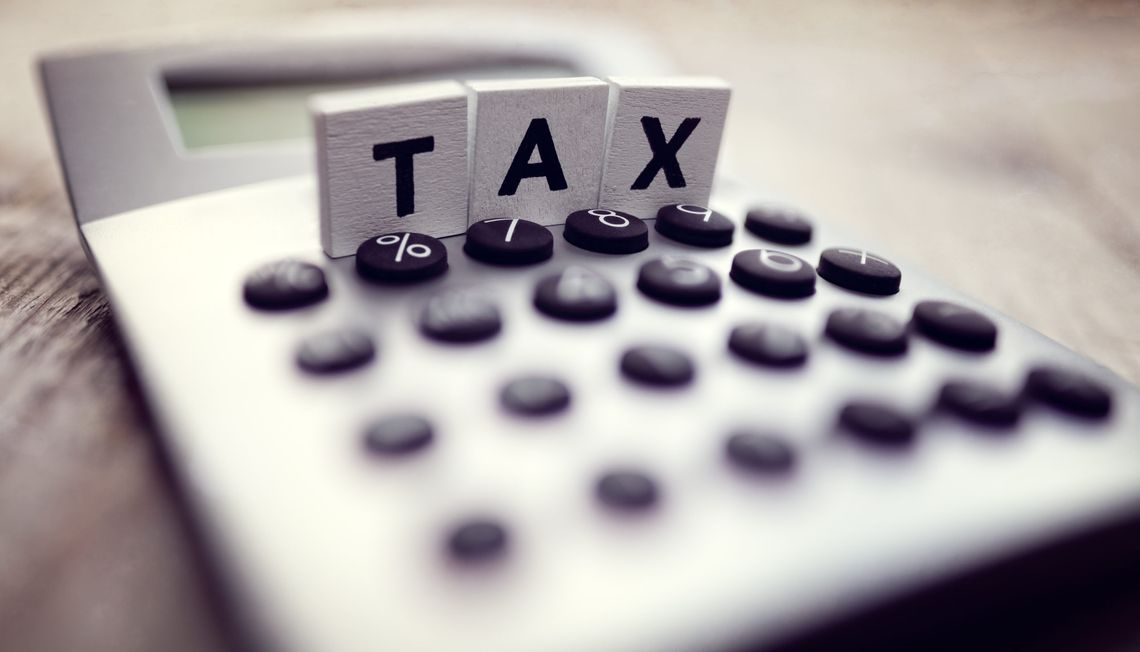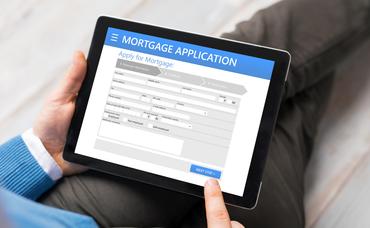If you’ve ever spoken with a real estate agent or accountant about how to save money when investing, you might have heard the term “1031 Exchange” thrown around. This mystical mantra might seem like common knowledge to the experts that you’re speaking with, but it can be confusing if you are new to the topic. So today, we’re going to answer the question that I am sure is burning in your mind: “What is a 1031 Exchange?”
What is a 1031?
The name of this technique traces to its location within the Internal Revenue Code. This tax code is an enormous, living document that spans over 70,000 pages — and buried within it is Section 1031, which begins as follows:
No gain or loss shall be recognized on the exchange of real property held for productive use in a trade or business or for investment if such property is exchanged solely for real property of like kind which is to be held either for productive use in a trade or business or for investment.
Riveting stuff, right?
Essentially, this just means that you can exchange two investment properties and defer the capital gains tax that you would pay on the new property. It is one of the most commonly used loopholes in the tax code to defer these payments, which is why some consider it to be an excellent — and completely legal — tax shelter. It is important to note, however, that using a 1031 exchange does not remove the tax obligations on your new property; the capital gains taxes that you owe are simply deferred down the line.
With this in mind, 1031 exchanges are primarily used to swap one investment property for another, often with similar values (we’ll get more into why people use 1031s later).
What Can I Exchange With a 1031 Exchange?
If you’re like most people, you’re probably pretty excited by the previous section. After all, you can move up to a more valuable property or diversify your holdings…all without having to pay Uncle Sam up front!
Before you start making any grand plans, you should know that there are some limitations on the 1031 exchange process.
First things first: a 1031 can only be used to exchange real property. Before this was clarified in the Tax Cuts and Jobs Act of 2017, many were under the impression that you could exchange any property, not just real estate.
Second, you cannot exchange for property in other nations. Even though most real estate is considered “like” most other real estate, nationality is a key distinction. Even if two plots of land are otherwise identical, they are not like each other if they exist in different countries.
Third, you have to exchange like properties under a 1031. This is where some people get into trouble, because they try to get cash involved in the exchange. Cash is not like real property in the eyes of the IRS, so it can disqualify you for the deferment.
Can I use a 1031 to Exchange my current home?
Unfortunately, the answer is no. Because the Internal Revenue Code notes that the properties must be “for productive use in a trade or business or for investment,” this precludes you from exchanging a personal residence.
You can perform the exchange with rental properties that you own, however. So if you rent out a home and want to trade up to a more valuable property that can bring in more money in monthly rent, you can defer the capital gains taxes by using the 1031 process.
Some people (particularly those who don’t do their research) will try to get away with using a 1031 exchange as a shelter when purchasing a vacation home. While this is technically possible, it can backfire if you aren’t careful — if you’re dead set on giving it a shot, make sure to have a long conversation with your real estate agent and Certified Public Accountant first.
Working with experts can help you keep more of the money that you earn!
What do I need to do a 1031 Exchange?
Luckily for you, you really only need 5 things to perform the 1031 exchange:
1. A Good Real Estate Agent
It’s impossible to overstate how important having the best real estate team or agent on your side is. The purpose of using a 1031 is to save yourself money — so why wouldn’t you want to save as much as possible with an agent?
The fact of the matter is that an agent is key to buying and selling any property, and this is no exception! It’s not just a matter of money, either; a good agent can help you buy and sell a home fast, and speed is key during a 1031 exchange.
Make sure you interview several agents or teams and work with the one with the best track record of success in real estate sales and investment knowledge.
2. A Good Certified Public Accountant
This makes sense, right? A CPA will have spent years — if not decades — studying the Internal Revenue Code. Suffice to say that they are a bit more familiar with it that you are going to be.
The CPA is going to be your guiding light through the dark jungle of U.S. tax regulations. They will help walk you through the process of which forms to fill out, how to handle the transfer of money between you and your intermediary, and how to make sure all the right paperwork is filed with the IRS.
3. A Qualified Intermediary
So, what is a qualified intermediary? According to a certain online encyclopedia, it’s a “person that acts as an intermediary qualified […] to undertake specified activities.”
Super helpful, right?
For the sake of a 1031 exchange, a Qualified Intermediary (or QI) is the middle step between you and the other people in each property sale. The QI will oversee the transfer of your relinquished property to the buyer and then hold the proceeds of the sale in an escrow account that will be used to fund the purchase of the second property.
While a QI could technically be almost anyone that you do not have an active or recent financial or familial relationship with, it’s best to work with an expert. There are many companies that specialize in offering Qualified Intermediary services — work with your real estate agent and CPA to find the one that best suits your needs!
So, you’ve got your dream team — now let’s talk about the land:
4. A Property that You Want to Exchange
This is pretty straightforward. If you are using a 1031 Exchange to shift around your owned properties, then you need some land that you want to exchange!
5. An Idea of the Property that You Want to Buy
1031 Exchanges have a very strict deadline (more on that point in a bit!) and current real estate markets are moving incredibly fast. So you can’t easily get away with looking for the new property after you relinquish your current holding — you need to already have potential purchases in mind!
If you are looking to buy in a hot market like Washington DC’s top neighborhoods, where real estate moves lightning fast, then it’s a good idea to have a few options lined up. As a rule of thumb, find at least 3 properties that you would want to exchange for.
If this sounds daunting, don’t worry…you have a great real estate team to help you find the right property, right?
How Long Does a 1031 Exchange Take?
A 1031 can, at least in theory, be as fast as it takes to fill out and process the appropriate paperwork. However, there are strict limitations on how long you can take to perform your 1031 exchange. Let’s take a look at them:
Once you relinquish your first piece of real estate, you have 45 days to formally identify the new property or properties. To do so, you will work with your CPA and agent to file the selection with the Qualified Intermediary.
With that done, the timer resets and you have 180 days to close on your new selection. So at most, the 1031 exchange process can take 225 days (or around 7.5 months) from the time that you give up the first property.
Why Should I Use a 1031 Exchange?
A 1031 is a very powerful tool — but it is also a very specialized tool. Here are some of the common reasons that people choose to exchange properties under section 1031:
- Tax Deferment: Even though you don’t completely avoid capital gains taxes when using a 1031 exchange, you do defer them until a later date. This means that you can often purchase a more valuable property during the exchange because you don’t have to factor the capital gains into the purchasing price.
- Building Wealth: Because investors of all levels can use a 1031, it’s great for building wealth through rental properties. If you want to move your investment to a more profitable industry or housing development, you can do so without owing nearly as much to the government at the time of purchase.
- Diversification of Your Portfolio: Investment properties are considered “like” other investment properties under section 1031 … which means that you can expand your investments into other industries and sectors much more easily than you could otherwise!
If you want to learn more about whether a 1031 exchange is the best move for you, personally, then the smart thing to do is come speak with the experts! At the Keri Shull Team, we specialize in helping people build wealth through real estate investment — and we want to help you, too!
That’s why we are offering you a free, no-obligation Real Estate Investment consultation. All you need to do is click here and schedule a time to speak with our investment experts — we’re looking forward to helping you!







